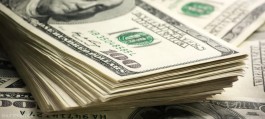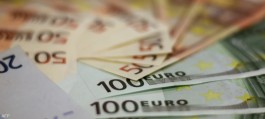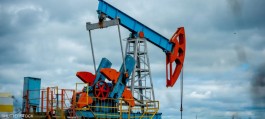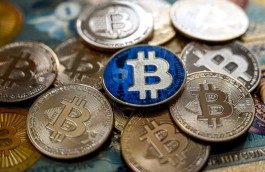The European economy failed to expand in the last quarter of last year, but it survived a technical recession, contrary to expectations that it would slide into contraction for the second quarter in a row.
Data from the European statistics agency Eurostat showed that the eurozone economy achieved zero growth in the period from October to the end of last December, after a contraction of 0.1 percent during the third quarter.
The euro zone economy is suffering in light of high energy prices, high credit costs, and slow growth in Germany, which is the largest economy in the old continent.
Data for the fourth quarter of last year join a series of economic failures, as none of the twenty countries that use the euro have been able to achieve clear growth since the third quarter of 2022, when the economy grew by 0.5 percent.
The beginning of this year does not look better than previous ones, as business activity indicators are still flashing red, indicating contraction.
In addition, shipping disruptions in the Red Sea have led to a decline in global trade through the Suez Canal, the main route between Asia and Europe, leading to higher shipping costs and threatening increased inflation.
Holger Schmieding, chief economist at Berenberg Bank, said the euro zone was still struggling to find solid ground.
Tuesday's statistics highlight the widening gap between Europe and the United States, whose economy grew by 0.8 percent in the fourth quarter compared to the third quarter, or at an annual pace of 3.3 percent - better than expected.
But the news is not all bad, for one reason: unemployment fell to record levels and job numbers rose in the third quarter from July to September.
Energy prices have also fallen, although they are still higher than before the Russo-Ukrainian war. Storage levels of natural gas, which is used to heat homes, power plants and generate electricity, have become strong. With gas stocks rising to 72 percent of capacity, and most of the winter heating season almost over, fears of rising public utility bills and the possibility of another energy crisis have subsided.
Despite the economic stagnation, inflation fell from its painful peak of more than 10 percent, falling to 2.9 percent in December. But individuals' salaries and purchasing power have not yet caught up to the levels they lost due to the rise in prices.






































